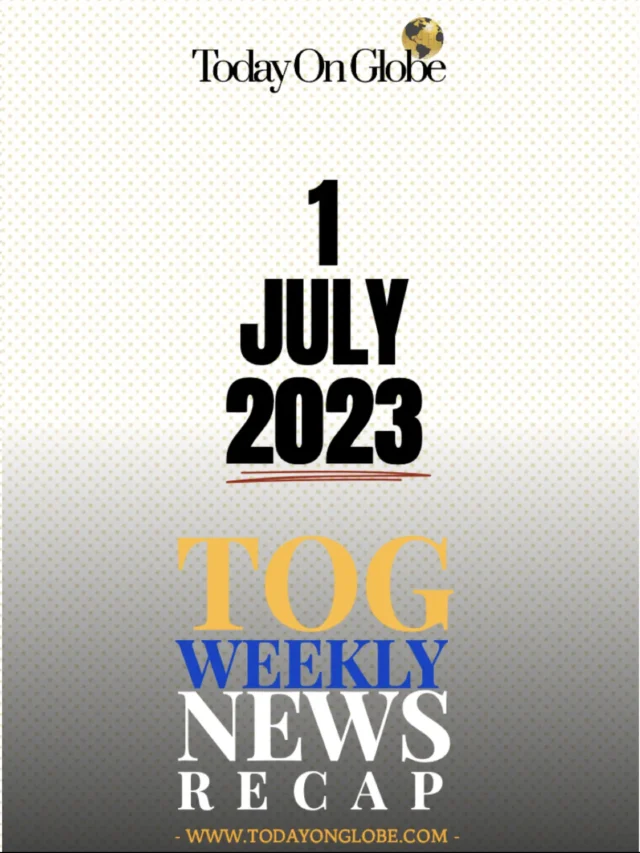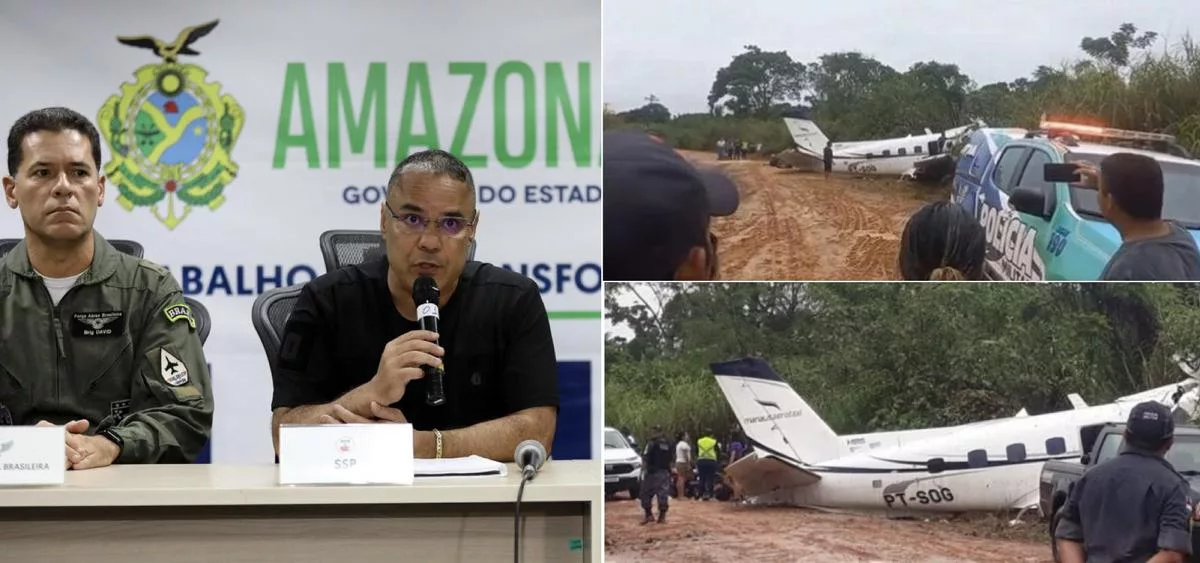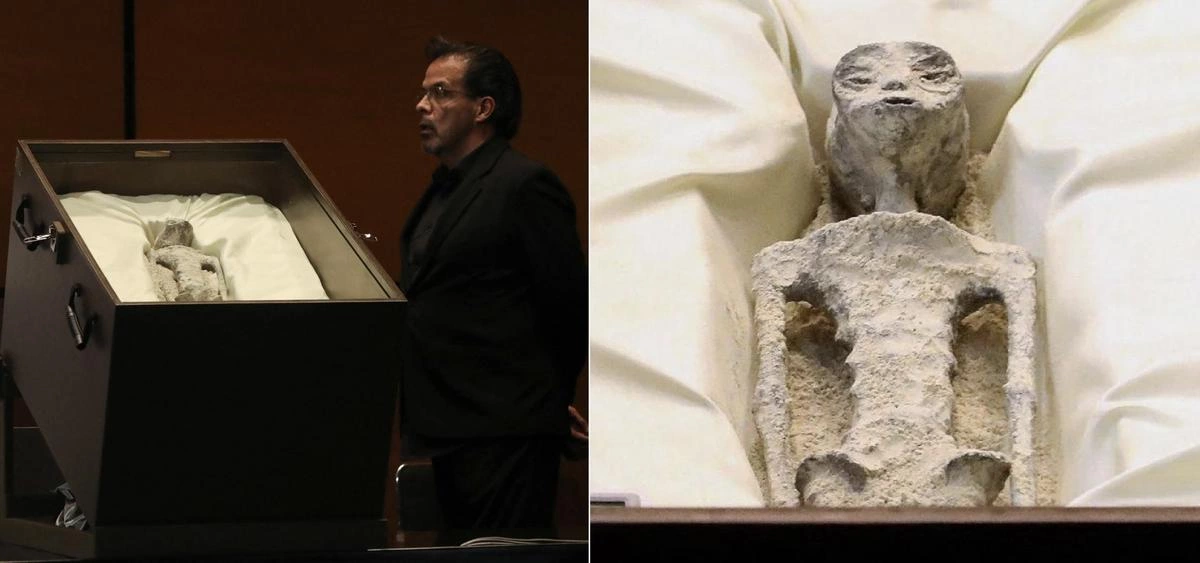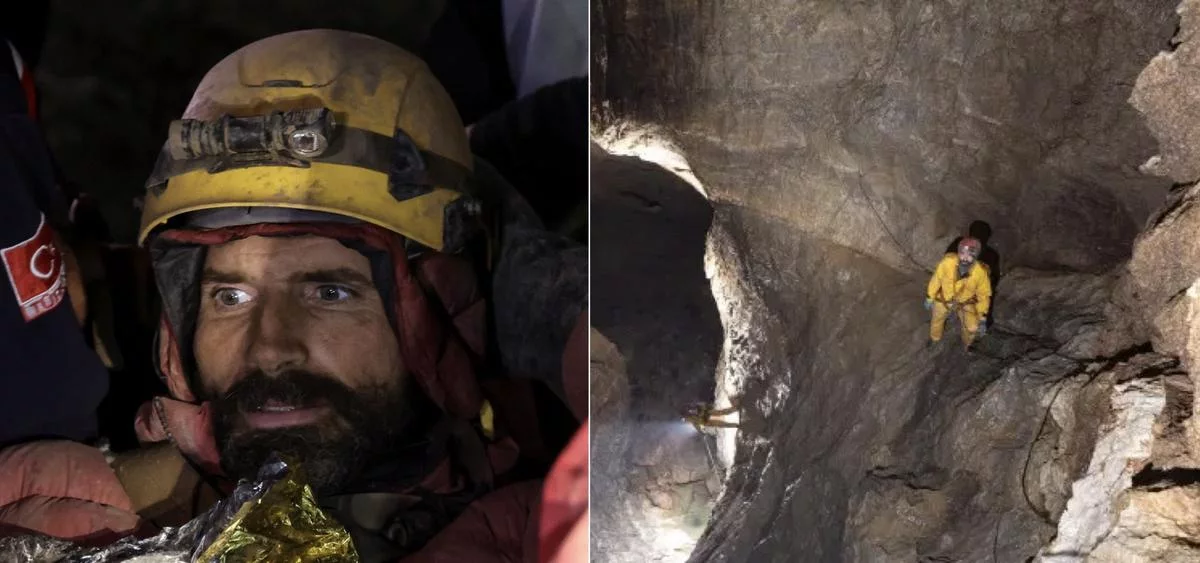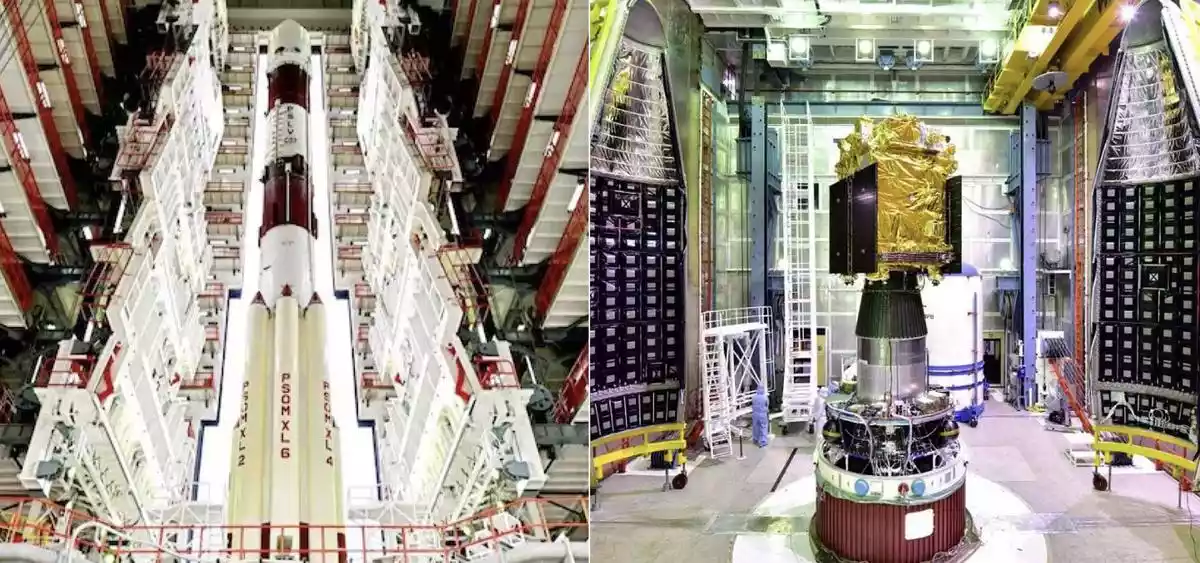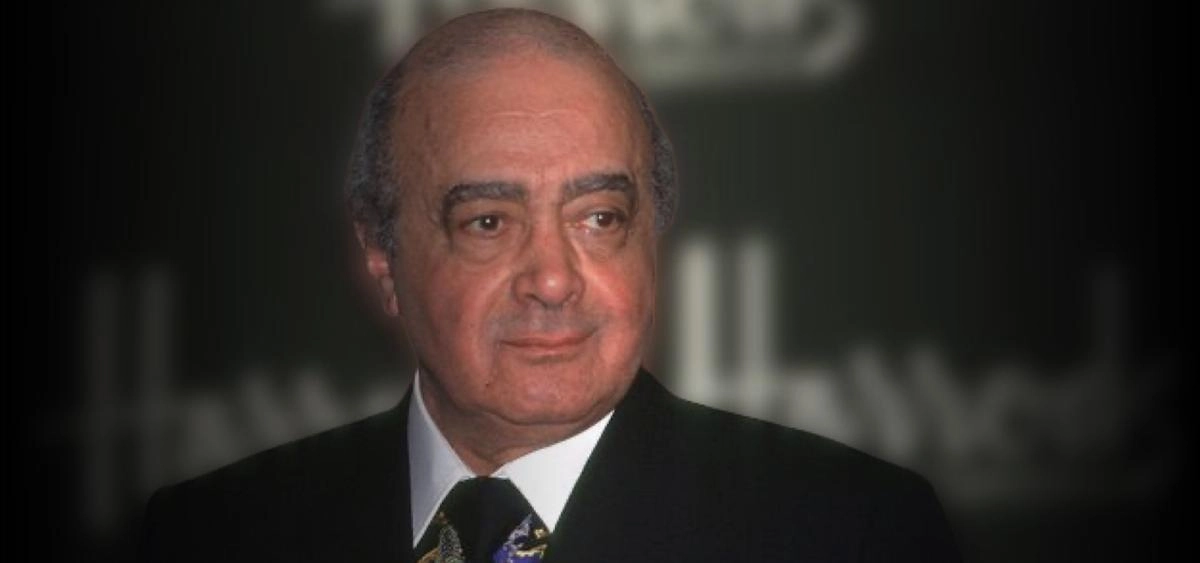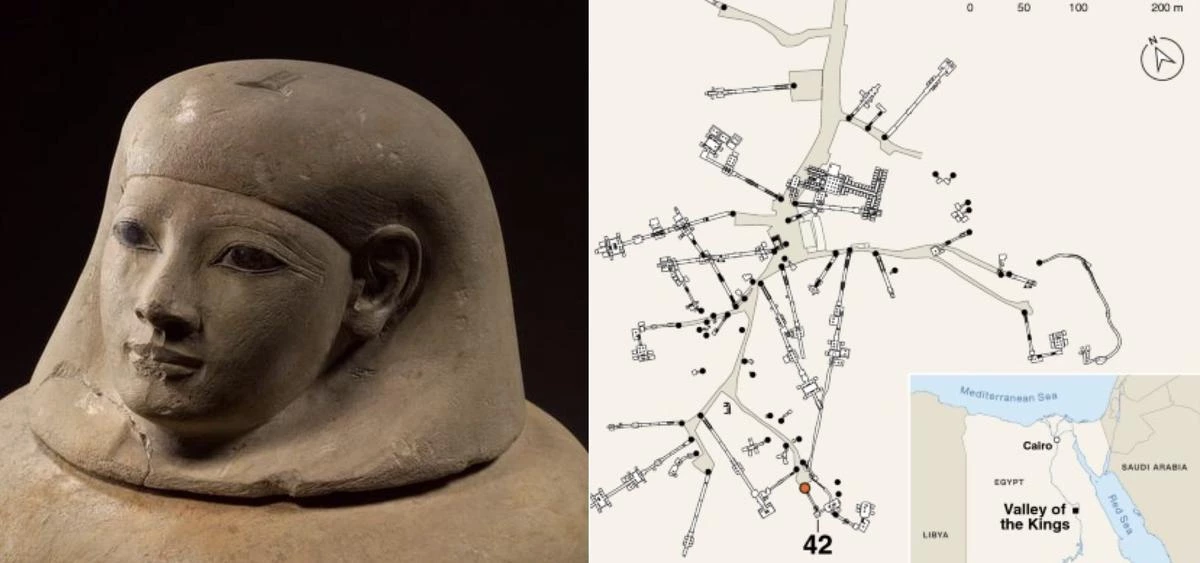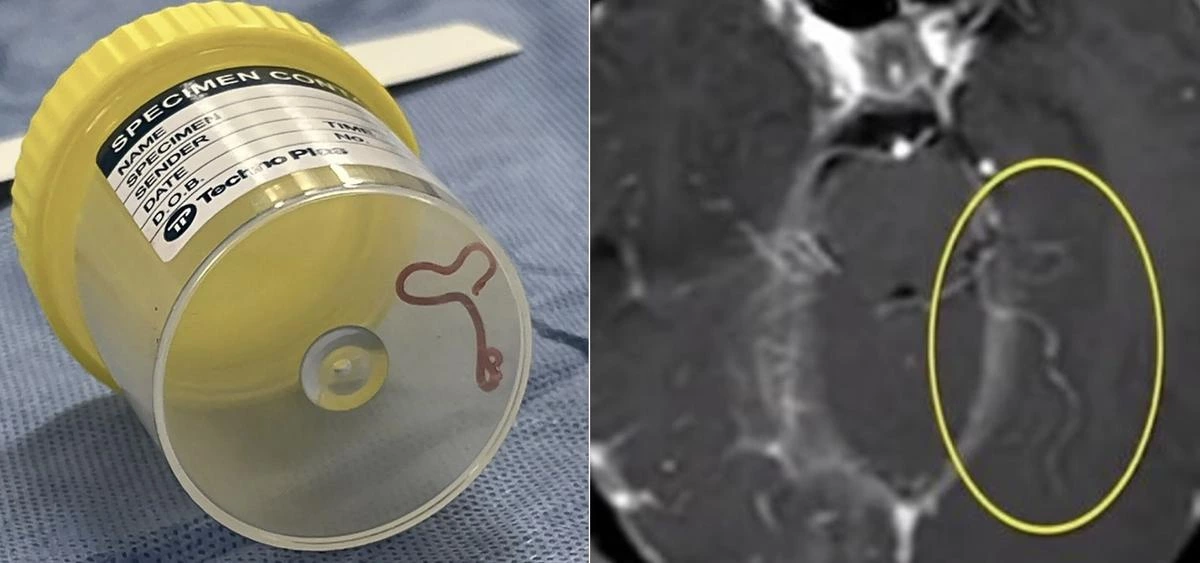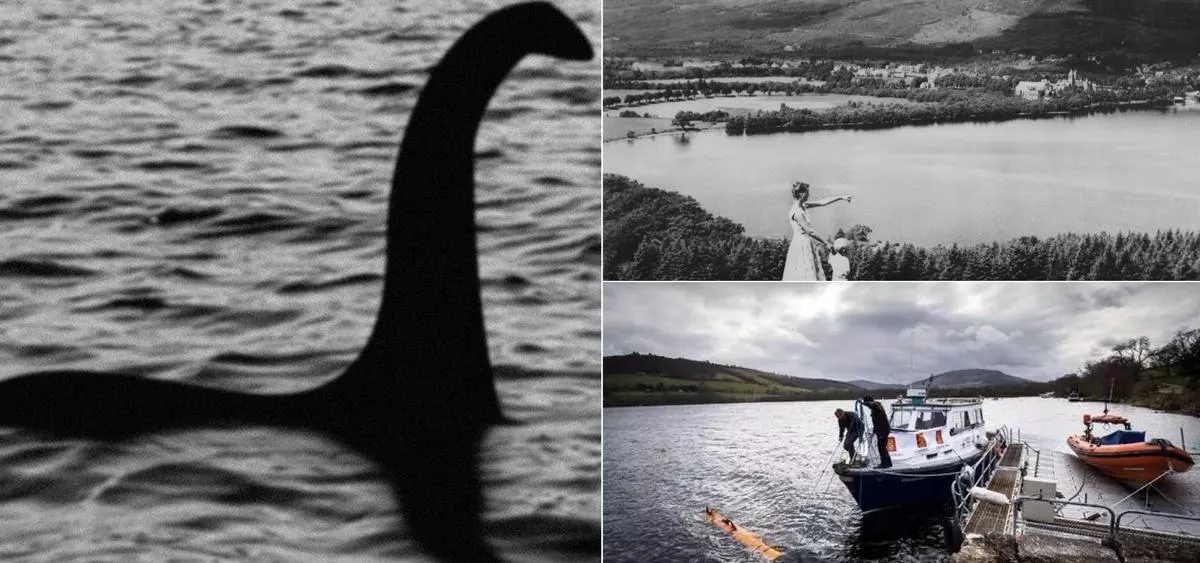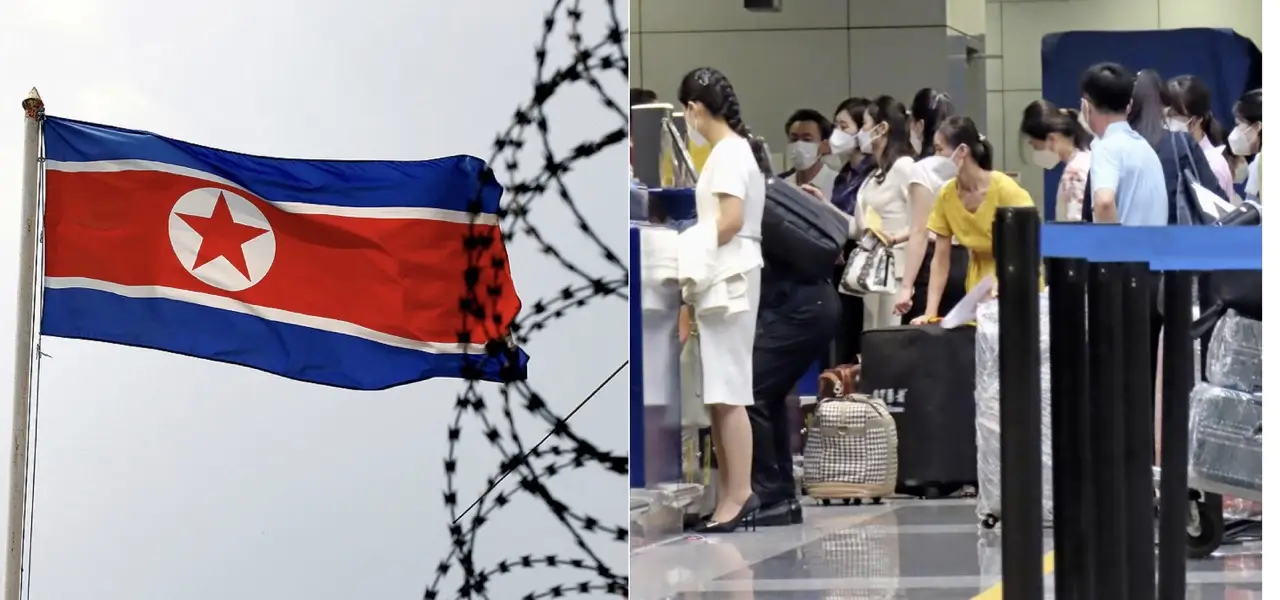Virgin Galactic and Richard Branson made history with the successful completion of their first-ever commercial spaceflight, carrying research payloads and a crew from the Italian Air Force and the National Research Council of Italy.
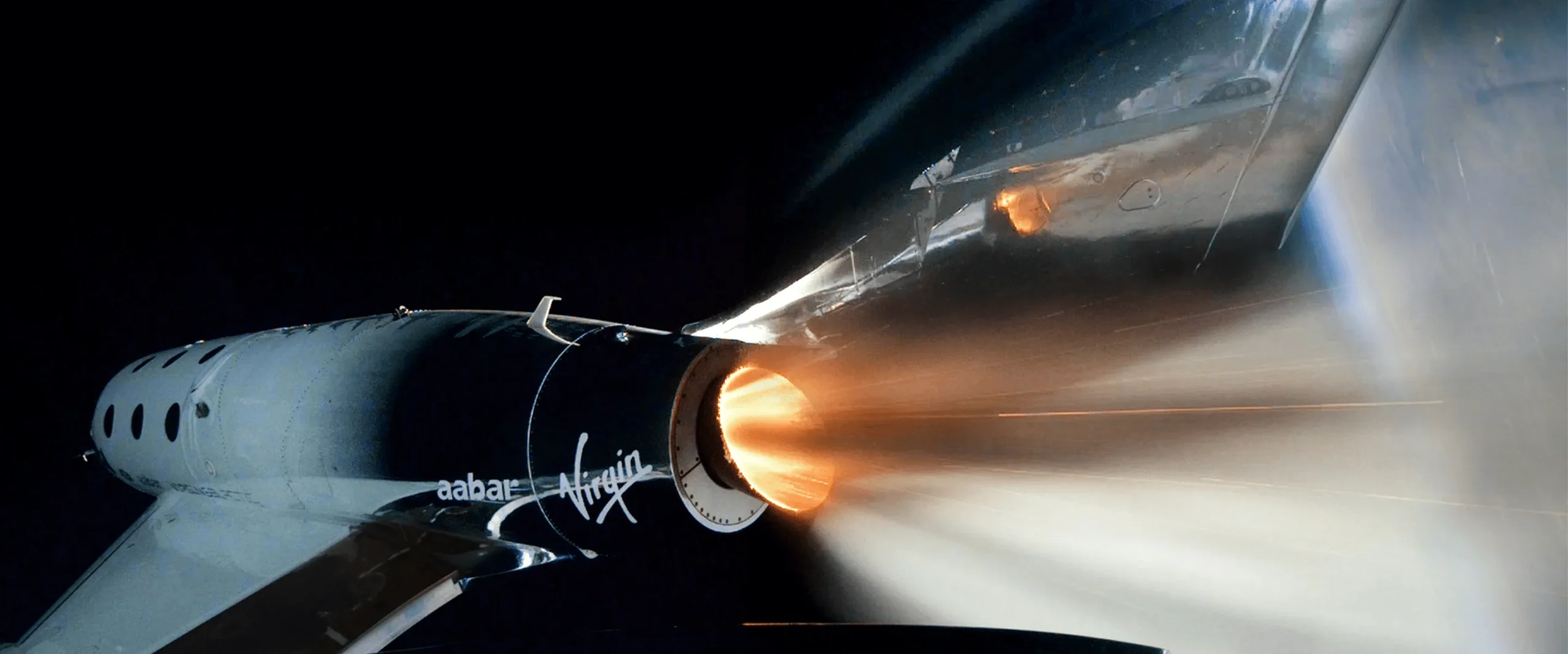
Photo Credit: Virgin Galactic
Virgin Galactic, Richard Branson’s space tourism enterprise, has reached a critical milestone by completing its first commercial voyage. Galactic 01, the first flight, took off from Spaceport America in New Mexico. Three crew members from the Italian Air Force and the National Research Council of Italy were aboard, along with 13 scientific payloads.
The flight was scheduled to depart at 8:30 a.m. MT on Thursday. VSS Unity reached a height of 44,500 feet before reaching a maximum altitude of 52.9 miles. It was capable of reaching a peak speed of Mach 2.88. The trip lasted around 90 minutes, with a landing time of 9:42 a.m. MT.
🚀Virgin Galactic said its first commercial spaceflight represents a new era in government-funded, commercial human-tended research missions.https://t.co/a1gtPNpRcU pic.twitter.com/oDcqO3xbX1
— Sky News (@SkyNews) June 29, 2023
Michael Colglazier, CEO of Virgin Galactic, expressed his delight at the accomplishment, claiming that the journey heralded an era of reliable and repeatable access to space for private passengers and researchers. He also spoke about the company’s aspirations to expand its spacecraft fleet to reach a worldwide audience.
Photo Credit: Virgin Galactic
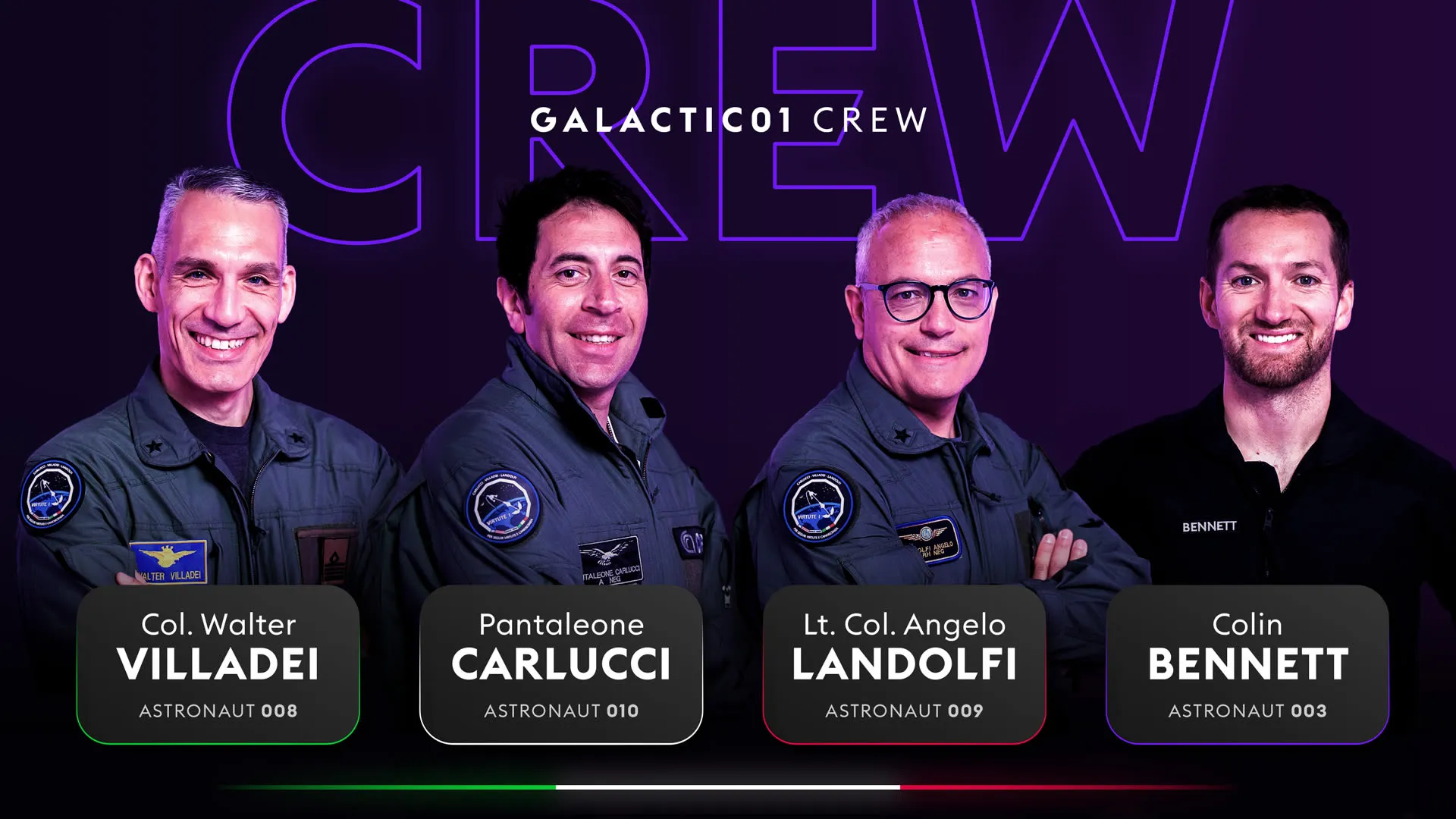
The crew onboard Galactic 01 included Astronaut 008, Col. Walter Villadei, Astronaut 009, Lt. Col. Angelo Landolfi, Astronaut 010, Pantaleone Carlucci, and Astronaut 003 Colin Bennett. The spacecraft, VSS Unity, was piloted by Commander Mike Masucci and pilot Nicola Pecile, while VMS Eve, the carrier aircraft, was piloted by Commander Kelly Latimer and pilot Jameel Janjua.
Col. Walter Villadei, representing the Italian Air Force, expressed his pride in being part of this historic spaceflight. He highlighted the collaboration between the Italian Air Force and the National Research Council of Italy, emphasizing the significance of Italy’s first commercial suborbital research spaceflight. He also spoke about Italy’s role as a pathfinder in commercial spaceflight and its potential for fostering innovation.
During the Galactic 01 mission, 13 experiments were conducted on board the spacecraft, covering areas such as biomedical research, thermo-fluid dynamics, and the development of sustainable materials in microgravity. The flight also collected data on the effects of transitioning from hypergravity to microgravity on the human body. Wearable research payloads and autonomous research payloads mounted in the cabin were used to gather data.
Virgin Galactic’s journey to commercial spaceflight has been a long one, with delays and setbacks along the way. The company was established in 2004 with the goal of offering space tourism services, but it faced numerous challenges, including fatal accidents, regulatory investigations, and lawsuits. Despite these obstacles, Virgin Galactic has persevered and has now successfully carried paying customers to the edge of space.
We ❤️ Italia #Galactic01 🇮🇹 pic.twitter.com/HBK9pp4tpR
— Virgin Galactic (@virgingalactic) June 29, 2023
The company had previously conducted test missions with employees, but the recent launch marked the first time ticket-holding passengers were on board. The achievement comes after Virgin Galactic’s founder, Richard Branson, flew to the edge of space in 2021, further fueling the company’s ambitions.
With the commencement of commercial operations, Virgin Galactic aims to generate much-needed revenue. The company had been incurring significant losses since going public in 2019, while revenue remained nominal. The successful commercial flight represents a turning point for Virgin Galactic as it moves toward regular commercial operations and aims to fulfill the reservations of nearly 800 ticket holders.
In addition to space tourism, Virgin Galactic also sees scientific research as a significant aspect of its operations. By providing researchers with the opportunity to conduct experiments in a microgravity environment, the company aims to contribute to scientific advancements and foster innovation in various fields.
What a day! Grazie to everyone who watched our livestream. Check out the #Galactic01 spaceflight stats!
— Virgin Galactic (@virgingalactic) June 29, 2023
⏰ Take-off Time
8:30 AM MDT
📍 Release Altitude
44,500 FT
🚀 Apogee
52.9 Miles
🌎 Landing Time
9:42 AM MDT
Number of Payloads
🔬 13
More info about today's spaceflight:… pic.twitter.com/3s9YD2jbP0
Virgin Galactic’s success in achieving its first commercial spaceflight is a significant milestone not only for the company but also for the broader space tourism industry. It signifies the increasing accessibility of space travel for private individuals and researchers, opening up new possibilities for exploration and scientific discovery.
As Virgin Galactic continues its commercial operations, it is expected to face competition from other companies in the space tourism sector. SpaceX, founded by Elon Musk, has plans for orbital space tourism, while Blue Origin, led by Jeff Bezos, aims to offer suborbital flights to customers. The race to capture the growing space tourism market is likely to drive innovation and further advancements in the industry.
Overall, Virgin Galactic’s successful commercial spaceflight marks a major achievement in the company’s journey toward making space tourism a reality. It paves the way for more individuals to experience the wonders of space and contributes to the advancement of scientific research in microgravity environments.
WEB STORIES FOR YOU
Stay connected with Today On Globe for the latest Global Issues and News Updates.
Explore more related articles at [TOG News / TOG Article]


